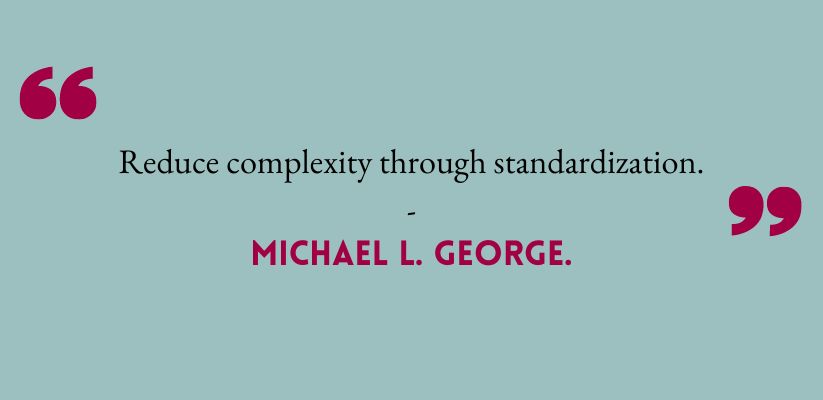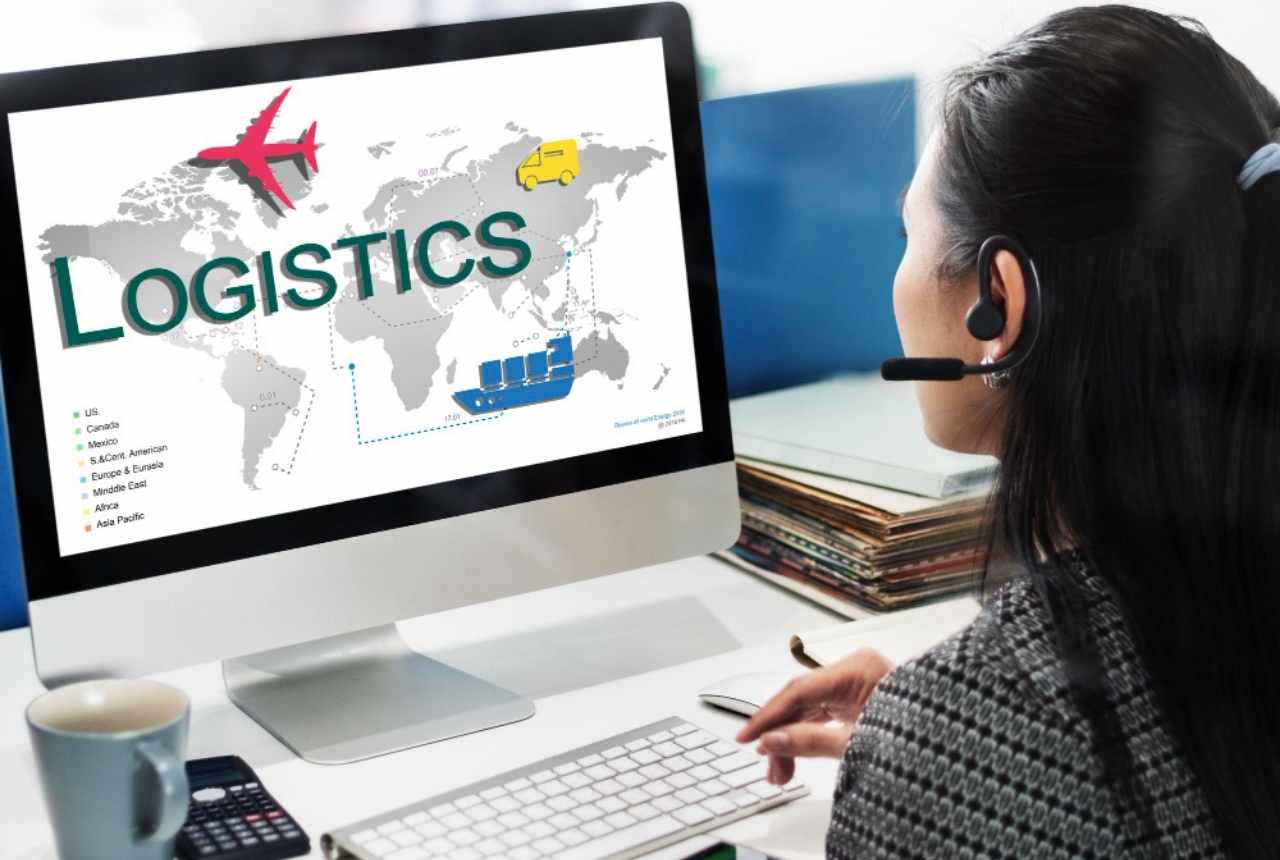Summary- ERP is being implemented by a number of industries across the world owing to its greater efficiency and productivity. While there exist a number of industries that highly rely on ERP Business functioning to streamline their business operations. Here, we will see the topmost industries that rely on ERP software.

Which ERP Business Industry needs ERP Software the most?
There’s no one-size-fits-all answer to this question, as different industries have different ERP needs. Though, there are some specific industries that might offer great benefits from ERP implementation. Typically, industries that are more complex and have higher levels of regulation tend to benefit most from ERP. This is because ERP can help to streamline complex processes and ensure compliance with regulations.
Some examples of industries that commonly benefit from ERP include manufacturing, healthcare, automotive, and financial services. If your industry is complex and regulated, chances are good that an ERP system could help you to run your business more effectively.
ERP systems can help to automate and streamline business processes. It guarantees compliance with regulations while also enhancing scalability and efficiency. Additionally, ERP systems can provide a single source of truth for all data in the organization, which can help to improve decision-making. If your business could benefit from streamlined processes and better compliance, then an ERP system may be a good fit for you.
ERP for Healthcare
An ERP system can be a valuable tool for healthcare organizations, as it can help to manage and track patient information, finances, and resources. ERP software assists companies to automate a number of processes while also helping departments improve communications between them. However, deploying an ERP system at a healthcare company would undoubtedly enhance coordination and productivity.
ERP for Hospitality
For hospitality businesses, an ERP system can help to streamline operations, improve communication between departments, and manage finances and resources. Also, ERP software can help to automate a number of processes that can enhance customer service as well as efficiency.
ERP for Manufacturing
Manufacturing businesses face many of the same challenges as hospitality businesses, including coordination between departments, managing finances and resources, and automating processes.
An ERP system can be especially helpful for manufacturing businesses, as it can help to improve coordination between departments, manage inventory and resources, and automate processes.
ERP for Supply chain management
ERP systems are also commonly used for the supply chain management. A supply chain is nothing but a group of companies engaged in the procedure of preparing and then delivering a product.
An ERP system can help to manage and optimize the supply chain by tracking inventory, coordinating orders, and automating processes. ERP is one such thing that can assist in enhancing food accuracy as well as costs.
ERP for F&B
ERP for F&B is used for managing the food and beverage industry. It helps to manage the inventory, track the orders and automate the processes. This helps the industry to improve efficiency and reduce costs.
Some of the features of ERP for F&B are-
– Inventory Management
– Order Tracking
– Process Automation
– Reporting and Analysis
ERP for Retail
ERP for retail helps to manage the inventory, track the orders and automate the processes. Some of the features of ERP for Retail are-
– Inventory Management
– Order Tracking
– Process Automation
– Reporting and Analysis
ERP for Oil & Gas
The oil and gas industry is one of the most complex and challenging industrial sectors. It is essential for companies in this sector to have an ERP system that can manage the complexity and handle the specific needs of the industry.
The best ERP for Oil & Gas features include-
– Process Automation
– Asset Management
– Material Management
– Reporting and Analysis
– HSEQ Compliance
– Project Management- Quality Control
– Quality Assurance
ERP for Real Estates
Real estate ERP systems are designed to manage the complex business processes of the real estate industry. They can automate workflow, track and manage property data, manage tenant and tenant relations, and more. Real estate ERP systems can handle the specific needs of the industry, including managing leases and rentals, tracking property values and taxes, and more.
Real estate ERP software features include:
– Property Management
– Tenant Management
– Lease Management
– Rental Management
– Property Valuation
– Property Tax Management
– Financial Management
– Marketing and CRM
– Reporting and Analytics
Latest Scenario of ERP in the market
ERP is becoming an essential business tool as companies aim to improve efficiency, reduce costs and improve customer service. However, ERP implementation projects can be costly and time-consuming, so it is important to select the right system and ensure that it is implemented effectively.
ERP is used by companies to manage their business processes, including accounting, manufacturing, sales, and marketing. It can help to automate these processes and improve communication between departments. ERP software embraces a wide range of functions and hence it is essential to choose the function which would be a good fit for your business.
Once you have selected an ERP system, the next step is to plan the implementation project. This should involve all of the key stakeholders in the organization and should outline the specific goals that you hope to achieve with the system. The implementation process should be phased, with each phase focusing on specific goals.
One thing to remember is that the ERP software is utilized effectively post its implementation. This may involve training employees on how to use the system, setting up appropriate procedures, and tracking key performance indicators to ensure that the system is meeting your business goals.
Tips To Select the Best ERP for your industry
While selecting the best ERP for your industry, the following are some tips that need to be considered.
- Understand your requirements : Defining and understanding your requirement is one of the first things you must do. Check what are some particular needs and goals and list down all the features you require and then start prioritizing them. You can now shorten your choices and select an apt system that would fit your business.
- Research well : Once you know what you’re looking for, it’s time to do some research. Talk to other businesses in your industry and see what ERP systems they are using. Read online reviews and compare pricing. This will help you get a better idea of the different options available and make an informed decision.
- Consider your budget : ERP systems can vary widely in price, so it’s important to consider your budget when making a decision. Talk to your financial team and get an idea of what you can afford to spend. Then, compare pricing and choose the system that fits within your budget.
- Get a demo : Once you’ve chosen a few potential ERP systems, get in touch with the vendors and request a demo. This will give you a chance to see the system in action and make sure it meets your needs.
- Make a decision : After considering all of the factors, it’s time to make a decision. Choose the ERP system that you feel is the best fit for your business and start using it to improve your operations.
Sage Software Solutions is a leading IT company with an array of advanced ERP Software solutions. Our proprietary products — Sage X3 and Sage 300 will help you cut your operational expenses, improve business productivity, increase operational efficiency, forge robust customer relationships, and strengthen association with vendors, suppliers, and distributors. So, if you are looking to reinforce your business fundamentals and emerge as an industry leader, then please schedule a call with one of our sales representatives.




